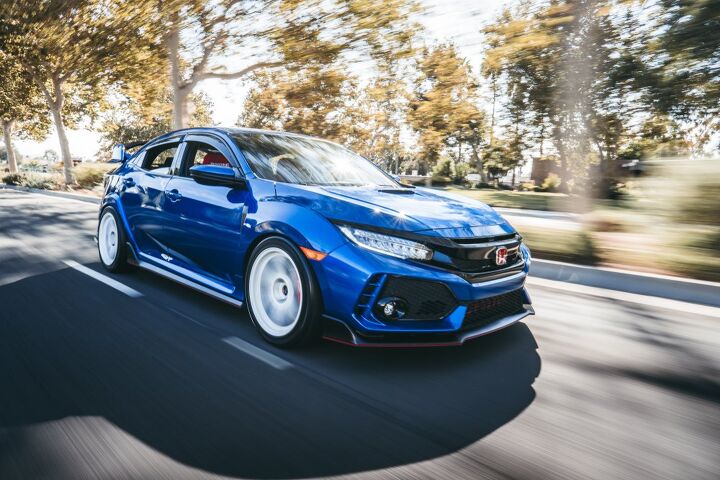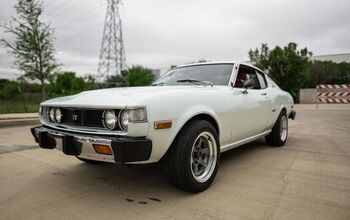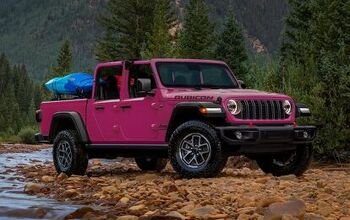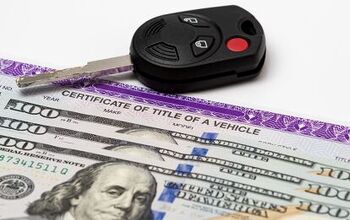Consumer Reports: Most Reliable Car Brands of the Year - Find Out Who Ranks Highest
The automotive industry offers a range of options for consumers seeking reliable vehicles. A recent study by Consumer Reports provides a detailed look into the reliability of various car brands, helping buyers make informed decisions.
Leading Brands in Reliability
- Lexus (Score: 79)
- Toyota (Score: 76)
- Mini (Score: 71)
- Acura (Score: 70)
- Honda (Score: 70)
Rounding out the top 10 are Subaru, Mazda, Porsche, BMW, and Kia. These scores reflect a trend towards higher reliability across these manufacturers.
How Reliability is Scored
The methodology behind these scores involves comprehensive surveys of Consumer Reports members, covering over 330,000 vehicles from the years 2000 to 2023, including some early 2024 models. The survey assesses 20 different trouble areas, varying from minor issues to major system faults. The final score, out of 100, is a combination of problem severity, track testing, owner satisfaction, and safety data.
Focus on Electric and Hybrid Vehicles
The study pays special attention to electric and hybrid vehicles, including new criteria specific to these types of vehicles. These criteria assess electric motors, hybrid batteries, and charging systems. Hybrids show 26% fewer problems than traditional vehicles, but plug-in hybrids and electric vehicles often score lower in reliability.
Reliability by Region
Asian car manufacturers lead in reliability with an average score of 63, followed by European brands at 46 and domestic brands at 39. Cars, including sedans, hatchbacks, and wagons, are noted as the most reliable vehicle type.
Highlights of Specific Models
In model-specific observations, Lexus's NX model scores average in predicted reliability, with the rest of its lineup above average. Toyota's 4Runner SUV is noted for its high reliability, while the Tundra is marked for lower reliability. Acura's RDX and TLX models receive praise for their above-average reliability.
This article was co-written using AI and was then heavily edited and optimized by our editorial team.
More by TTAC Staff
Latest Car Reviews
Read moreLatest Product Reviews
Read moreRecent Comments
- Billyboy The Big Three, or what used to be the Big Three, have been building sedans in the FWD unibody mold since the 80’s to compete with the Japanese - and failing. The Taurus was the only decent attempt, and even that fizzled out after a few years. Back to GM, There’s no reason to choose a Malibu over a Camry or Accord for normal buyers. The story was the same when it was the Citation, Celebrity, Lumina, and Impala, as it was the same with Ford and Chrysler. GM knows this, as does Ford, and doesn’t care - and rightfully so. Better to cede this time-worn commodity segment to others and focus to where the market has shifted.
- CanadaCraig You are not wrong. Or a dummy for that matter. I also think it's foolish of GM to kill off the Malibu. That said... I think there needs to be full-sized plain jane sedans for sale. And there are none. And haven't been for a long time. A basic BIG car. With room for six. Bench seat and all. Nothing fancy. And a low price to go along with it. I would buy one.
- OCcarguy Back in the 1980s the Mitsubishi Cordia was one of my favorite cars. I would love to see them make cars we could get excited about again.
- Chris I dislike SUVs. I think they are clunky looking and not much in the handling department. I'll take an Audi A4 or BMw three series or even a VW Jetta over any SUV. It I need more interior room for a shot time, I'll rent something bigger.
- Amwhalbi I have a sedan and an SUV, and for pure driving and riding enjoyment, I'll pick my sedan every time. But yes, SUV's are generally more practical for all around usage, particularly if you have only one vehicle. So I think the perfect answer is the sedan hatchback (a la the last Buick Regal) which can still yield the drive and ride or a sedan, yet provide a greater modicum of practical, accessible cargo capacity. Most of the sedans made could (with minor styling changes) easily become 4 door hatchbacks. Oh, yeah, I forgot - Americans don't like hatchbacks, even if they do in Europe...


































Comments
Join the conversation